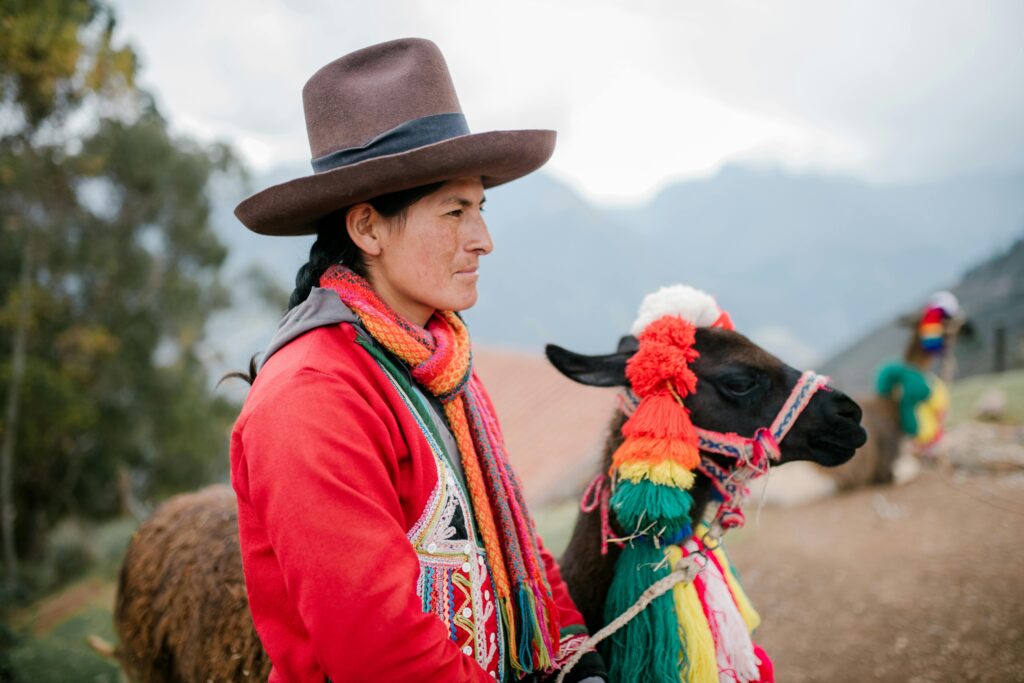Every destination has its own heartbeat—a unique blend of landscapes, people, and, most importantly, stories. Local legends, folklore, and myths are more than just tales whispered around campfires; they are the living soul of a community, shaping identity, guiding values, and transforming ordinary places into realms of wonder. This article explores the power of local legends, how they shape the places we visit, and why they remain essential to understanding and connecting with the world.
Why Local Legends Matter
Local legends are not mere entertainment. They are the threads that weave together a community’s sense of self, history, and belonging. Passed down through generations, these stories:
- Preserve cultural identity and heritage
- Teach moral lessons and social values
- Explain natural phenomena and historical events
- Foster community bonds and collective memory
- Attract travelers, turning destinations into places of mystery and meaning
Whether rooted in ancient myth or modern urban legend, these narratives shape how locals see themselves—and how visitors experience a place.
The Universal Language of Folklore
From the earliest days of humanity, storytelling has been a vital tool for survival, education, and connection. Myths and legends answer the big questions: Who are we? Where do we come from? What do we value?
Creation myths—like the Norse tales of Odin and the Dreamtime stories of Australia’s Aboriginal peoples—anchor entire cultures to their ancestral lands and beliefs.
Heroic sagas—such as the Greek myths of Zeus and Athena or the Indian epics of the Ramayana and Mahabharata—embody the ideals, struggles, and aspirations of a people.
Trickster tales—from Native American Coyote to West Africa’s Eshu—remind us of the complexity of human nature, blending wisdom with mischief and teaching lessons through humor and cunning.
Legends That Define a Place
1. The Power of Place-Based Myths
Unlike universal myths, local legends are intimately tied to specific locations or communities. They often blend historical fact with supernatural elements, grounding the extraordinary in the familiar.
- Mayong, Assam (India): Known as the “land of black magic,” Mayong’s legends of sorcery, vanishing armies, and ancient mantras turn a quiet village into a place of mystery and intrigue.
- La Santa Compaña (Spain/Portugal): In Galicia and Northern Portugal, tales of ghostly processions wandering the countryside at night shape local customs and inspire both fear and respect.
- Raven’s Rock (USA): In towns across the American East Coast, stories of marsh lights and the “Fae Folk” transform natural phenomena into magical encounters, connecting people to the land and its unseen spirits.
2. Legends as Tourist Attractions
Many destinations use their legends to draw visitors and enrich the travel experience. From haunted castles in Scotland to the mysterious Nazca Lines in Peru, stories give depth and allure to the landscape.
- Chandni Chowk, Delhi: The bustling market is not just a commercial hub but also a place of ghost stories and legends that add layers of intrigue to its historic lanes.
- Mayong’s Black Magic Museum: Showcases ancient manuscripts and artifacts, turning the village’s legends into a living, educational attraction.
Morals, Warnings, and Lessons
Local legends are often cautionary tales, serving as moral compasses for the community.
- The Wendigo (North America): This monstrous spirit warns against greed and selfishness, teaching the importance of sharing and community.
- The Kitsune (Japan): Fox spirits in Japanese folklore can be either protectors or tricksters, reminding people to be wary of appearances and to respect the supernatural.
- The Banshee (Ireland): Her mournful wail is said to foretell death, reinforcing respect for the mysteries of life and the afterlife.
These stories are not just relics of the past—they continue to shape behavior, rituals, and even modern laws in some places.
Legends and Community Identity
Storytelling events, festivals, and rituals keep legends alive and foster a sense of belonging.
- Zulu Ancestor Worship (South Africa): Myths about the Amadlozi (ancestors) and the creator god Unkulunkulu emphasize the interconnectedness of all beings and the importance of respecting elders and nature.
- Kikuyu Myths (Kenya): Stories of Ngai, the god of Mount Kenya, and the first humans Gikuyu and Mumbi, explain the origins of the Kikuyu people and their relationship with the land.
- King Arthur (Britain): The legend of Arthur and the Knights of the Round Table remains central to British identity, inspiring everything from literature to modern tourism.
Legends as Living Heritage
Legends are not static; they evolve with each retelling. Oral tradition allows stories to adapt, reflecting the values and challenges of each generation.
- Urban Legends: Modern tales of haunted bridges, mysterious disappearances, or supernatural creatures in city parks blend history with contemporary fears, keeping the tradition of storytelling alive in urban environments.
- Family Stories: Personal legends—such as tales of ancestors’ bravery or hardship—help individuals understand their place within a larger narrative.
The Role of Legends in Sustainable Tourism
Integrating local legends into tourism helps preserve cultural heritage and supports community development. Storytelling tours, festivals, and cultural performances bring legends to life, offering travelers a deeper, more meaningful experience while empowering locals to share and protect their traditions.
However, care must be taken to avoid over-commercialization or misrepresentation. Authentic storytelling, led by community members, ensures that legends remain a source of pride and cultural continuity.
Experiencing Local Legends as a Traveler
How to Engage Respectfully
- Listen and learn: Attend storytelling events, visit cultural centers, and ask locals about their favorite legends.
- Participate in rituals or festivals: Many communities welcome visitors to join in celebrations rooted in local myths.
- Respect boundaries: Some stories or rituals may be sacred or private; always ask before recording or sharing.
- Support local guides and storytellers: Choose tours and experiences led by community members.
What You’ll Gain
- Deeper cultural insight: Legends reveal what a community values, fears, and aspires to be.
- A sense of connection: Sharing in local stories creates empathy and understanding across cultures.
- Unforgettable memories: The magic of a well-told legend lingers long after the journey ends.
Famous Legends from Around the World
- Greek Myths: Tales of gods, heroes, and monsters that continue to inspire art and literature.
- Egyptian Myths: Stories of gods like Bastet, who embodies both ferocity and nurturing, and the journey of the sun god Ra through the underworld.
- Brazilian Folklore: Legends like the boitatá (fire-snake) and the Iara (water nymph) reflect the country’s diverse landscapes and cultures.
- Polynesian Mythology: Maui, the trickster demigod, used his magical fishhook to slow the sun and create the Pacific islands.
- Inuit Legends: Sedna, the sea goddess, rules over marine animals and must be honored by hunters seeking her bounty.
The Enduring Power of Story
Local legends are far more than relics of the past. They are living, breathing forces that shape how we see the world, how we connect with each other, and how we travel. As you journey to new places, take time to listen to the stories that have shaped the land and its people. In doing so, you’ll find that every destination is richer, deeper, and more magical than it first appears.
What’s the most memorable legend you’ve heard on your travels? Share your story in the comments and help keep the world’s folklore alive!


